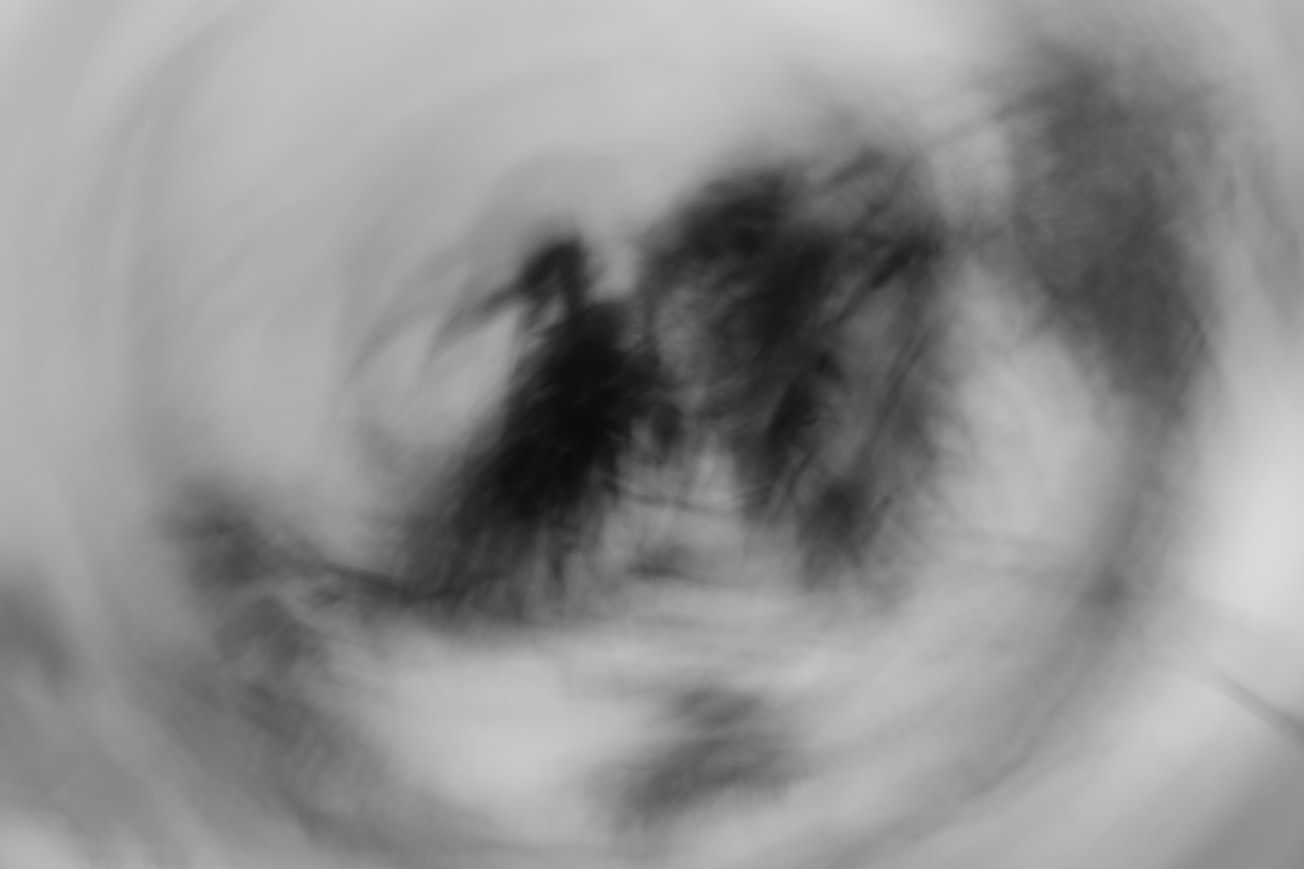What is it about?
Approaches to the treatment of trauma have undergone major change in the past decade as therapists and researchers alike have come to understand the significant role of the body, and particularly the autonomic nervous system (ANS), in both symptoms and approaches to recovery from trauma and adversity. This article is the first to explore in detail how Porges' polyvagal theory, which updates our understanding of the ANS, affects the formation and treatment of nightmares.
Featured Image

Photo by Greg Rosenke on Unsplash
Why is it important?
Nightmares are a major problem for those who suffer from anxiety, depression and especially the effects of trauma, and if they are frequent, can increase the risk of suicide four-fold. While effective treatments exist, there are gaps in our understanding of how they work and why. Also, these treatments often fail for those who need them most. Viewing nightmare treatment though the lens of polyvagal theory has the potential to improve our understanding and treatment of nightmares.
Perspectives
I first became interested in nightmare treatment when I was working on my PhD, and devising and testing a nightmare treatment for refugees with PTSD. They told me nightmares were the most troubling symptom of all for them, yet we would not have know this if we hadn't asked. Nightmares are undertreated because too few people talk about them, and clinicians often don't ask about them or understand how to treat them. This is a shame because nightmare treatments can be very simple and quick, and when they work, they not only reduce nightmares, but typically other symptoms of trauma are reduced by about half. So this is something I want everyone, and especially trauma therapists, to know about.
Dr Leslie Ellis
Read the Original
This page is a summary of: Solving the nightmare mystery: The autonomic nervous system as missing link in the aetiology and treatment of nightmares., Dreaming, October 2022, American Psychological Association (APA),
DOI: 10.1037/drm0000224.
You can read the full text:
Resources
Contributors
The following have contributed to this page







